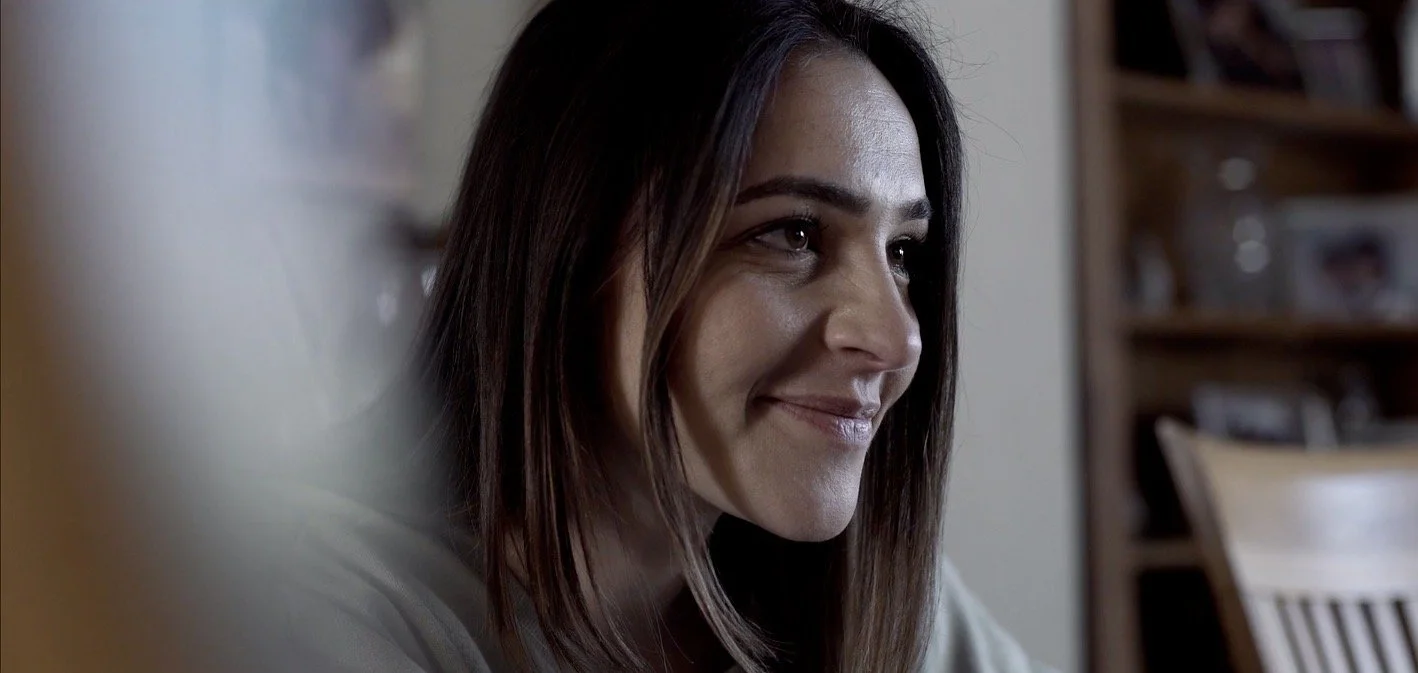The Psychology of Casting: What Casting Directors Look for in a Showreel
When an actor submits a showreel, it’s more than just about displaying their talent—it’s about understanding the psychology of casting and the subtle, yet powerful ways casting directors make decisions. The process of casting is about how an actor makes the casting director feel. In this post, we’ll dive into the psychology of casting, providing you with valuable insights into what casting directors truly look for when reviewing showreels and how you can use this knowledge to make your showreel stand out.
1. First Impressions Matter – Quick Decision-Making
Casting directors often have a limited amount of time to review each showreel—sometimes as little as 30 seconds to a minute. During this short window, they’re assessing whether you have the right "something" they’re looking for. Psychologically, casting directors are trained to make quick decisions, often within the first few seconds of seeing an actor perform. If your showreel doesn’t grab their attention right away, chances are it will be passed over for someone else’s.
How to Use This Insight:
Hook them immediately with your strongest, most engaging scene within the first 10-15 seconds.
Choose an opening scene that highlights your emotional range or unique characteristics, setting you apart from others.
2. Authenticity – Are You Truly “In the Moment”?
Casting directors are not only looking for someone who can act. The idea of being "in the moment" is crucial in casting, as authenticity is key to connecting with an audience. Casting directors want to see actors who aren’t just performing lines but who are living in the moment, experiencing the emotions and situation.
How to Use This Insight:
Select scenes that allow you to showcase your emotional depth and ability to connect with the character’s situation.
Make sure your performance is grounded in truth. If you’re unsure about how to bring more authenticity into a scene, work with a coach or director to fine-tune your approach.
Avoid overacting—casting directors want to see genuine reactions, not someone who’s “acting” for the camera.
3. Range – Can You Adapt?
Versatility is essential for actors, especially when casting directors are looking for someone who can fill various roles. Psychologically, casting directors are constantly assessing how much range an actor has and whether they can convincingly slip into different characters.
How to Use This Insight:
Include a range of scenes in your showreel that demonstrate your ability to play different types of roles.
Ensure your choices reflect the type of roles you’re targeting, but always try to showcase a broader spectrum of your skills.
4. The Emotional Connection – Can You Elicit a Response?
A huge part of casting is the emotional response an actor can provoke in others. When casting directors watch a showreel, they’re looking to be moved. Whether it’s laughter, tears, or tension, an actor’s ability to elicit emotions from the audience—casting directors included—is a key factor in whether they’ll call you in for an audition. It’s not just about hitting your marks; it’s about creating a visceral reaction.
How to Use This Insight:
Choose scenes that involve strong emotions. A good scene where you show vulnerability or conflict can make a strong emotional impact.
Keep in mind that casting directors are not only looking for talent—they are searching for the emotional presence an actor can bring to a project.
5. Personality – Are You Memorable?
Casting directors look for actors who bring their unique personality into the characters they portray. While the script is important, the actor’s essence—their presence, charisma, and energy—is often what truly makes them stand out. Casting directors often remember actors based on their individual qualities, so it's essential to highlight what makes you unique in your showreel.
How to Use This Insight:
Don’t shy away from showcasing your personality in your acting choices.
Be authentic to yourself—casting directors can spot inauthenticity from a mile away. Let your natural charm and unique qualities shine through in your scenes.
6. The Power of Pacing – Can You Hold Their Attention?
Psychologically speaking, people are drawn to things that move at a good pace. When it comes to showreels, pacing plays a huge role in how engaging the reel is. Casting directors want to see an actor who knows how to build a scene, maintain tension, and keep the audience hooked without losing momentum.
How to Use This Insight:
Keep your showreel concise and engaging. Avoid scenes that drag on too long or become monotonous.
Edit your showreel with pacing in mind—start strong, maintain energy throughout, and end on a high note.
7. Confidence – Do You Believe in Your Talent?
Lastly, casting directors are assessing your confidence. The psychological aspect of confidence cannot be overstated—casting directors need to see that you believe in your ability to portray a role convincingly. If you project self-assurance on screen, casting directors are more likely to believe in your potential and take you seriously.
How to Use This Insight:
If you feel uncertain or uncomfortable in front of the camera, consider doing more practice runs or working with a coach to help you build self-assurance.
Confidence comes from both preparation and self-belief, so make sure you’re well-prepared for your showreel shoot.







